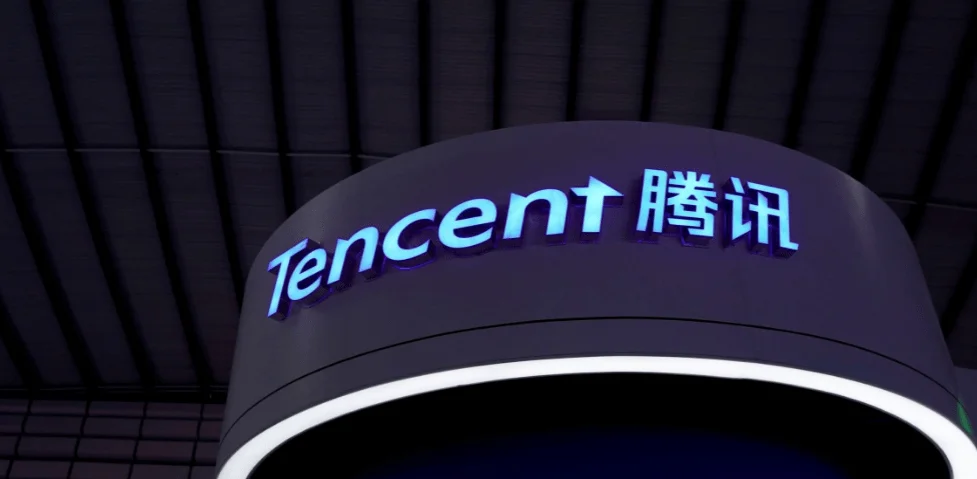Despite the warnings from the government, Chinese firms are vying for metaverse trademarks. Internet firm Tencent has applied for a virtual concerts patent with the Chinese National Intellectual Property Administration (CNIPA).

In November, the People’s Bank of China (PBoC) took a firm position against the Metaverse and nonfungible tokens (NFTs), indicating that it will use anti-money laundering (AML) measures to track them.
According to the Chinese news outlet The Paper, over 16,000 metaverse-related trademark applications have been filed by over a thousand Chinese enterprises.
About Tencent
Despite the warnings, Tencent, a Chinese multinational technology and video-game conglomerate have been at the forefront of China’s foray into the Metaverse.
According to the South China Morning Post, Tencent sent an internal memo to its staff in October last year about the development of a new “F1” studio under its subsidiary, TiMi Studios, that will include employees from China, the United States, Canada, and Singapore, according to sources.
Tencent conducted China’s first-ever virtual concert in the Metaverse, a New Year’s celebration named TMELAND, on December 31st of last year, with over 1.1 million fans participating during the course of the event.
Tencent has also bought Wave, a Los Angeles-based animated concert startup that creates realistic virtual performances using motion-capture technology.
Wave concerts have been a huge hit in the past, and they were even more popular during the pandemic as a fresh way for singers to interact with their audience.
In August of last year, The Weeknd used Wave services to broadcast a virtual concert live on TikTok, which drew over two million people worldwide and donated $350,000 for the Equal Justice Initiative.
Warnings on Metaverse-risk by the government
It remains to be seen whether local regulators will have an impact on the Chinese multinational’s objectives. On Nov. 26, Gou Wenjun, director of the PBoC’s anti-money laundering office, warned of the hazards of new crypto phenomena like NFTs and the Metaverse, speaking at a national financial security summit.
If left uncontrolled, he warned, these assets might be easily utilised for illegal objectives such as money laundering and tax evasion.
On Dec. 9, the People’s Daily, the Chinese Communist Party’s official newspaper, also issued a warning about the Metaverse, stressing that “regulation should be urged to come before innovation.”
Despite alarming foreshadowing from state-controlled media and banks, China has yet to provide any additional clarity on related policies.
